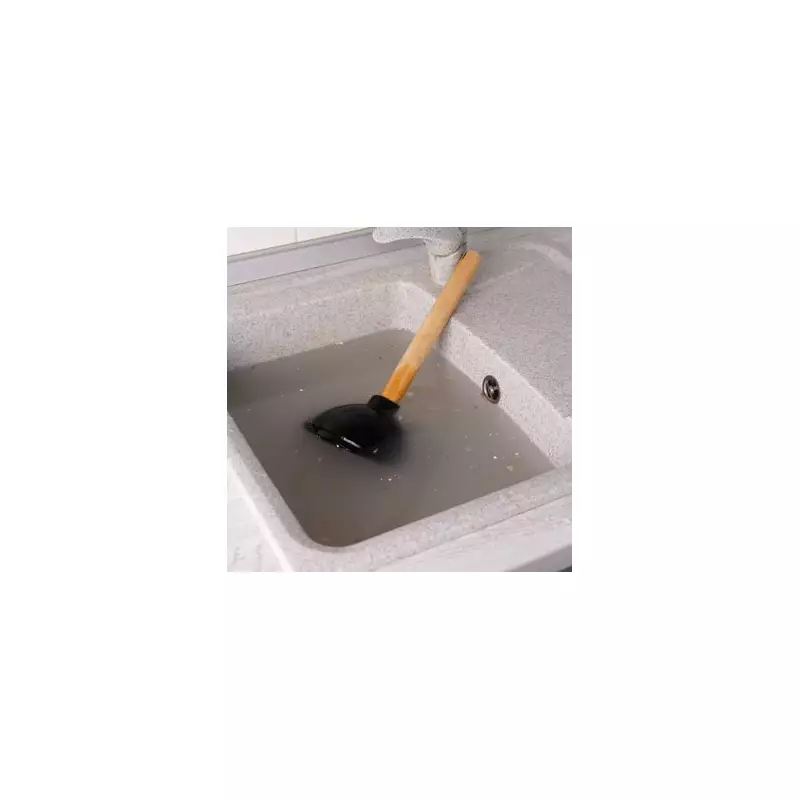
For such a seemingly simple kitchen task, boiling eggs can be surprisingly divisive. Should you start with cold water or boiling? Add vinegar or salt? The debate ends here as we've consulted seven culinary experts to settle the score on the ultimate boiled egg method.
The Expert-Verified Method for Perfect Boiled Eggs
After extensive testing and professional consultation, the consensus is clear: the cold water start method reigns supreme. Here's why this technique outperforms all others:
Why Cold Water Wins
Starting with eggs in cold water allows for gradual, even heating that prevents cracking and ensures consistent results. Food scientist Dr. James Thompson explains: "The protein in egg whites coagulates at different temperatures than the yolk. Gradual heating gives you precise control over the final texture."
The Step-by-Step Guide to Egg Perfection
- Place eggs in a single layer at the bottom of your saucepan
- Add enough cold water to cover eggs by about one inch
- Place on high heat and bring to a rolling boil
- Immediately remove from heat, cover, and let stand
- Follow our timing guide for your preferred doneness
- Transfer to ice water bath to stop cooking process
Timing is Everything: Your Egg Doneness Cheat Sheet
The standing time after boiling determines your egg's final texture:
- 4-6 minutes: Runny yolk, soft white - perfect for dipping
- 7-9 minutes: Jammy, slightly firm yolk - ideal for salads
- 10-12 minutes: Fully set but tender yolk - classic boiled egg
- 13+ minutes: Firm, crumbly yolk - best for devilled eggs
The Secret to Easy-Peel Eggs Revealed
MasterChef finalist Sarah Wilson shares her peeling secret: "The ice water bath isn't just for stopping the cooking process. The rapid cooling causes the egg to contract slightly from the shell, making peeling significantly easier."
Additionally, using slightly older eggs (about 7-10 days old) can improve peelability as the air pocket expands over time.
Common Egg Boiling Mistakes to Avoid
Our experts identified several frequent errors that sabotage perfect eggs:
- Starting with boiling water: This almost guarantees cracked shells
- Overcooking: Creates that unappetizing green-grey ring around the yolk
- Skipping the ice bath: Leads to rubbery textures and difficult peeling
- Crowding the pan: Prevents even heat distribution
Whether you prefer your eggs soft and runny or firm and crumbly, this expert-approved method guarantees restaurant-quality results in your own kitchen. The humble boiled egg might just become your new culinary specialty.





